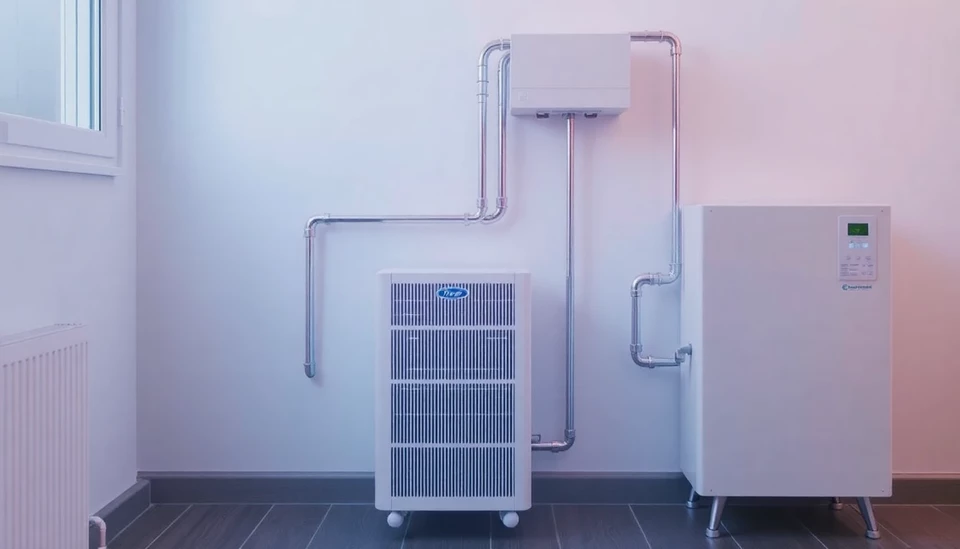
As home heating needs evolve in response to climate change and rising energy costs, heat batteries are emerging as a promising alternative to conventional heat pumps. These innovative systems store thermal energy for later use, offering homeowners a more flexible and often more efficient solution for their heating requirements. This article delves into when and why heat batteries may be the right choice for your home.
Heat batteries, unlike traditional heat pumps that rely primarily on electricity to extract heat from the air or ground, use insulation and advanced materials to store heat generated from various renewable sources. This allows homeowners to tap into stored heat when demand is highest, reducing reliance on grid electricity and lowering energy bills.
One of the most compelling reasons to consider heat batteries is their ability to harness energy from solar panels. For homeowners who have invested in solar energy systems, pairing them with heat batteries can maximize energy usage. During sunny days, excess energy generated can be stored in the heat battery, later used to heat water or residential spaces during colder nights or cloudy days. This kind of energy management not only enhances comfort but also supports sustainability efforts.
Moreover, heat batteries can be particularly beneficial during peak energy demand times when energy prices rise significantly. By utilizing stored heat, homeowners can mitigate costs associated with drawing power from the grid during these peak periods. This dynamic capability makes heat batteries a rational choice for consumers keen on optimizing their energy expenditure.
Another advantage of heat batteries is their relatively low maintenance needs compared to traditional heating systems. Because they are less complex and have fewer mechanical parts that can wear out, homeowners can enjoy peace of mind knowing that their heating solutions are likely to last longer and require less servicing over time.
However, potential adopters should also consider the limitations tied to heat batteries. While they are energy-efficient, the initial investment can be significant. Homeowners must weigh the upfront costs against long-term savings on energy bills. Additionally, heat batteries may not be suitable for every home or climate. Their efficiency can be influenced by various factors, including local weather patterns and existing infrastructure. As such, consulting with an energy professional is typically advisable to determine the best fit for a specific household.
In conclusion, heat batteries represent a forward-thinking solution for home heating that promises to deliver flexibility, efficiency, and cost savings. As technology continues to evolve, the opportunities for integrating such systems into residential settings will likely expand, making it essential for homeowners to stay informed about these emerging heating options. Whether you are motivated by sustainability, cost-effectiveness, or both, heat batteries are worth considering for your home’s heating strategy.
#HeatBatteries #HomeHeating #RenewableEnergy #EnergyEfficiency #Sustainability #HeatingSolutions #ClimateChange
Author: Peter Collins




